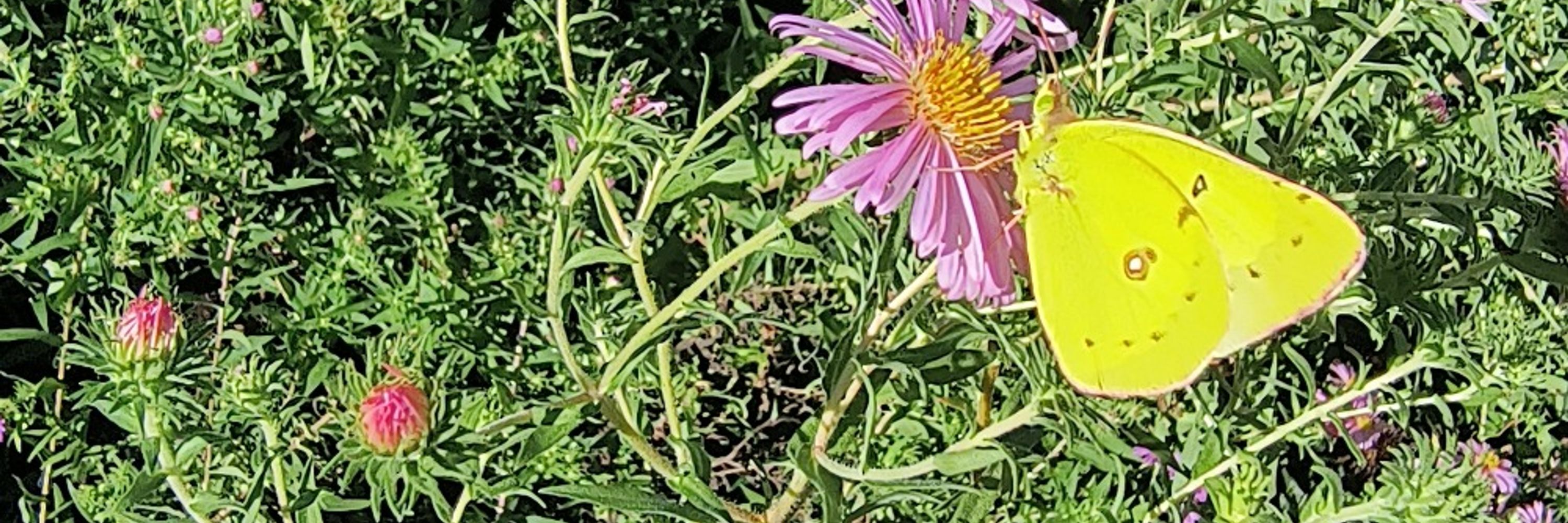




#plantsynbio. and really importantly - now working on syncomms to address rhizosphere interactions with engineered bacteria

#plantsynbio. and really importantly - now working on syncomms to address rhizosphere interactions with engineered bacteria
linkinghub.elsevier.com/retrieve/pii...

linkinghub.elsevier.com/retrieve/pii...

- Engineering plants takes decades
- ~100 person years to prototype
- screening 100s of events.
- Camelina - only crop can transform by floral dip
- very likely most T-DNAs are multimetized
#PlantSynbio

- Engineering plants takes decades
- ~100 person years to prototype
- screening 100s of events.
- Camelina - only crop can transform by floral dip
- very likely most T-DNAs are multimetized
#PlantSynbio

1. Try different promoters with your CRISPR/Cas9.
2. Less than 10% agro transformations contain intact T-DNA.
3. Industry need many, many events to create a suitable product.

1. Try different promoters with your CRISPR/Cas9.
2. Less than 10% agro transformations contain intact T-DNA.
3. Industry need many, many events to create a suitable product.











